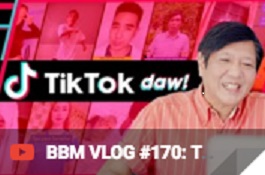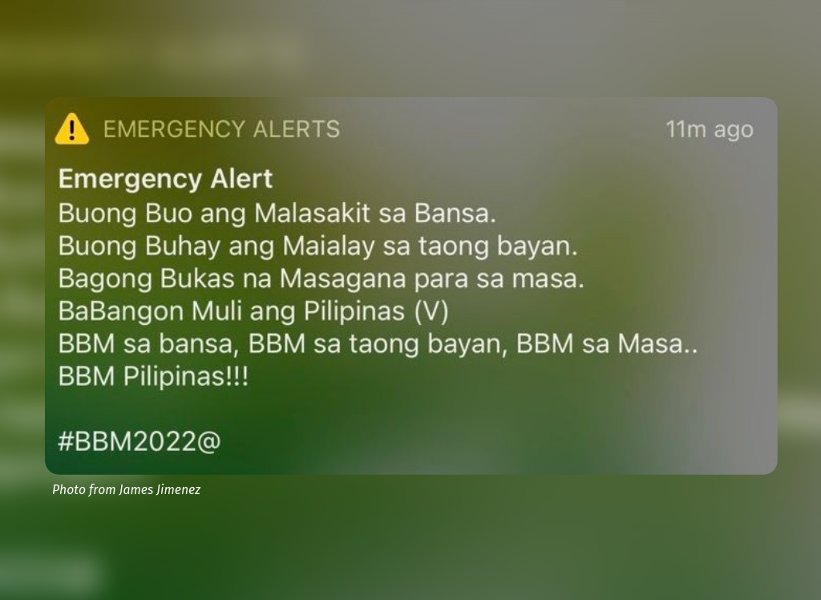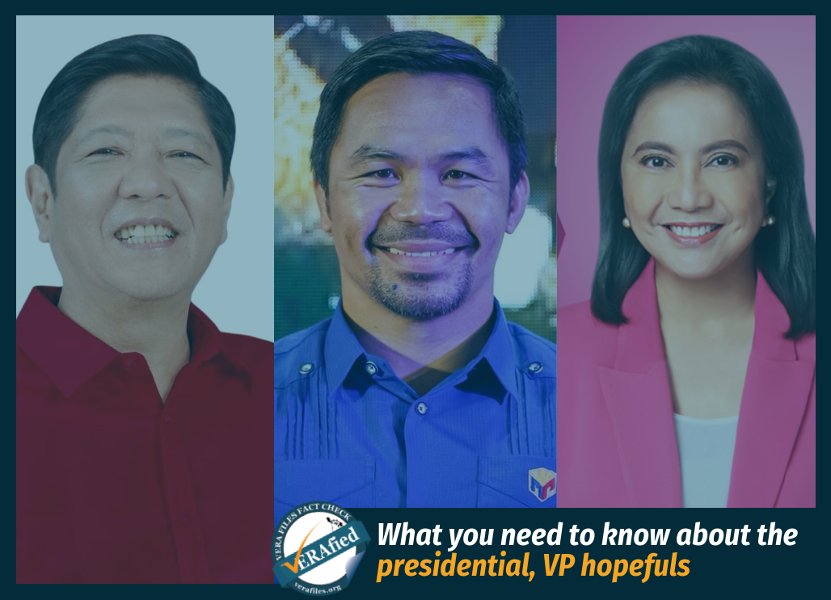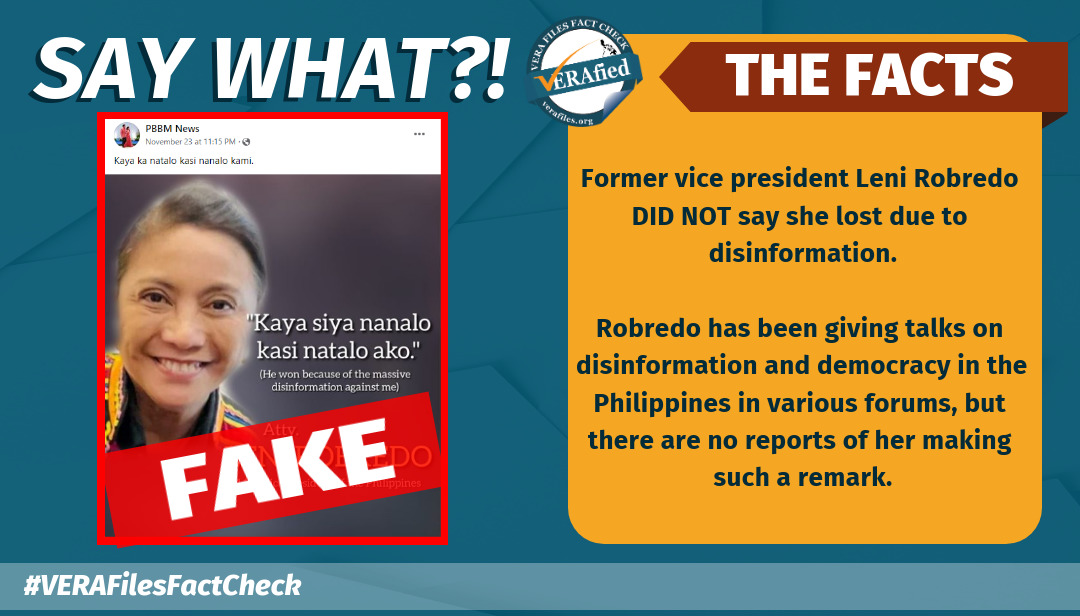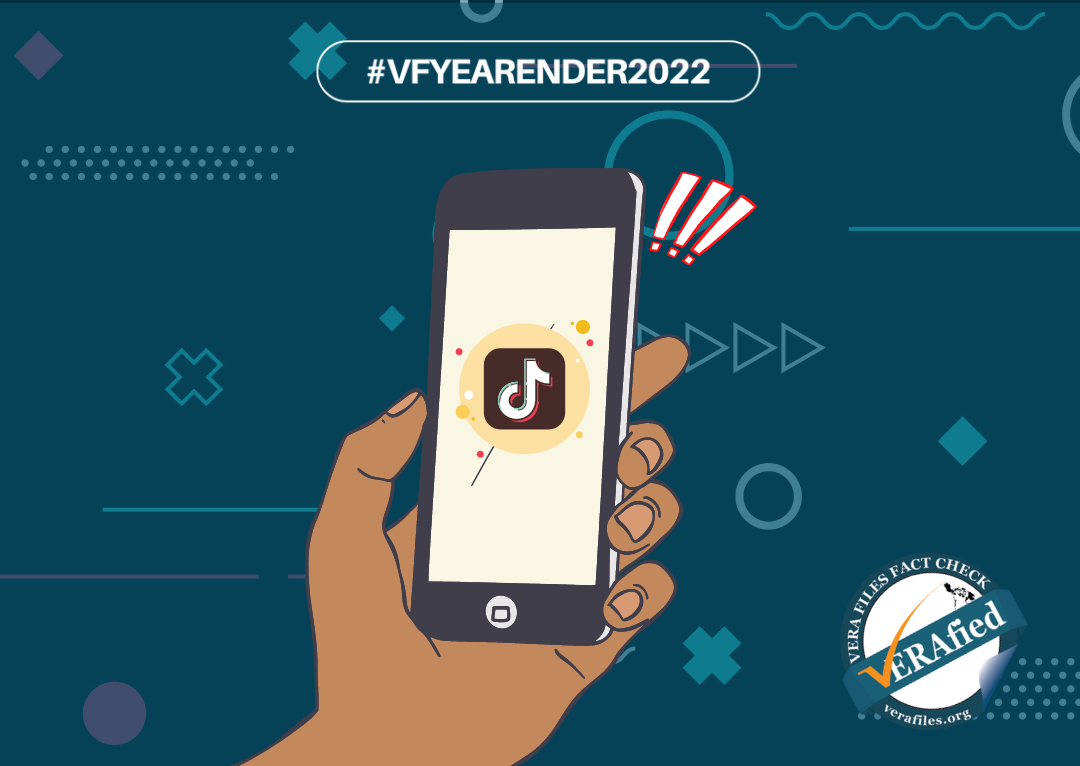You’ll be astounded by the staggering numbers when you Google the number of TikTok accounts the Marcoses and their supporters have. Even more confounding is the exponential capacity of those accounts to share posts.
For the record, supporters of other presidential candidates have taken to TikTok as well, but none are so streetwise as the Marcos family members, who have themselves made their own TikTok accounts.
The TikTok account, bongbong.marcos (“Son, Brother, Husband, Father, Public Servant”), has 735,100 followers to date. That is only one of his “official accounts.” That of imeenamahal maria josefa has had 607,500 likes, with one video generating 200,200 likes. It projects the “magkapatid” #imeemarcos and #bongbongmarcos. Even Sandro Marcos uses TikTok videos, uploaded with the hashtag #sandro4congressman. There is a separate account, allaboutmarcoses Romualdez-Marcos, with 65,800 followers and 897,800 views to date. Countless other supporters’ accounts promoting Bongbong Marcos for president use such hashtags as#bongbongmarcosforpresident and #NeverAgainToFakeDemocracy.
The dictator’s son himself, in his BBM VLOG #170, says that he has taken to TikTok upon the advise of his children, who host his vlogs. The vlog’s comments portray him as “charismatic and cool,” “millennial,” “goodvibes,” “very humble and natural,” and “He smile everywhere That’s what person that we want to be a President” (sic). TikTok and our juvenile personality politics work together perfectly. And so the icing on the cake of historical revisionism has just been set flawlessly.
Now here’s the catch: 50% of TikTok’s subscribers are below the age of 34. That demographic corresponds to the registered voters aged 18-40 for the 2022 elections, which Comelec’s James Jimenez plugs at 52%. So how does it connect to Bongbong Marcos? The answer is China. The 2022 elections are no longer a Cambridge Analytica ballgame as 2016 was. It is TikTok’s (whose mother company is ByteDance, headquartered in Beijing). There are 1 billion TikTok users worldwide (compared to only 381 million in 2019).
Cyber security and surveillance expert Zak Doffman, writing in Forbes, warns us not to be naïve: “There is a difference here. TikTok is Chinese. It is the first and only Chinese social media app that has managed to compete head-to-head with the United States giants that lead the market. It is now more viral than Instagram and YouTube, its bitesize recipe – where users are essentially given a scripted 15 seconds to become stars, all set to music – has proven hard to beat.”
Doffman then warns about TikTok’s potential use in elections. “The fact that TikTok is Chinese gives rise to the most serious issue with the platform. While the data being captured on those hundreds of millions of devices is not much use to compromise an individual (it would be a horribly complex way to spy on select targets), it does provide an amortized dataset, country by country, city by city, demographic by demographic. Look at what Cambridge Analytica managed with Facebook data or the power of location pings to track users en masse.”
While the app wasn’t created for news and politics, it has a powerful impact when it is used as a propagandizing tool in the guise of a fun “infomercial.” In this regard, TikTok has embarked on media literacy videos that educate users to question the source and question the bias. It has also broadened its fact-checking partnerships to combat misinformation and election interference. But in a world where media literacy (i.e., public preference for verifiable news) is on the decline, TikTok remains a grand problematique in countries where lies and truth dull the electorate during partisan elections, as in the Philippines.
In fact, the problem is TikTok itself. Parental studies show that even if you set your own account to private, you may still be exposed to content posted to the public feed. Hence, albeit users are of the younger age set, its algorithm still enables posts to target the attention of the general public.
Do we have the evidence that TikTok users believe misinformation? Yes. The absurd TikTok video that said the Taliban is supporting the presidential candidacy of Bongbong Marcos had more than 433,000 likes as of Dec. 8, 2021. Another was a claim that under Marcos’ rule, the Philippines became the third richest country in the world. It cited TikTok as the source platform. This one was fact checked by Agence France Press, which asked Emmanuel de Dios, a professor at the University of the Philippines School of Economics. Using the Penn World Table historical data from 1950 to 2000, De Dios analyzed the real gross domestic product (GDP) per capita of six Asian countries — Japan, the Philippines, Sri Lanka, Malaysia, Singapore, and Thailand. The Philippines under the Marcos dictatorship was never second to Japan.
Only last October, a TikTok post showed actress Liza Soberano supporting the presidential bid of Bongbong Marcos. Soberano has since clarified that this is false, and that she is not supporting Marcos.
Joel Ruiz Butuyan writes: “Even if many of these are based on misleading, manipulated, or blatantly fake facts, they have been effective because they’re short, light, and emotionally appealing presentations. Arrayed against the facts-heavy articles and documentaries against the Marcoses which are long and boring, the entertaining and melodramatic videos and documentaries espousing Marcos myths have effectively portrayed the Marcoses as victims instead of the abusers that they truly were.”
Tiktok is actually taking the place of what our educational institutions have failed to do when they reneged on their sacred duty to educate our studentry on the Marcos dictatorship. The educational disaster suits Bongbong Marcos’s penchant for dishonesty to a T. When he said he was “friends” with the Beatles in that Toni Gonzaga interview, verifiable news organizations immediately researched that this was refuted by George Harrison himself in a 1986 interview at NBC’s Today show.
Come May 2022, expect that we will remain an infantile democracy. The 2022 elections will be decided not just by TikTok. But also because of TikTok, it will be decided based on lies and disinformation. Contemplate the long-term damage.
The views in this column are those of the author and do not necessarily reflect the views of VERA Files.
